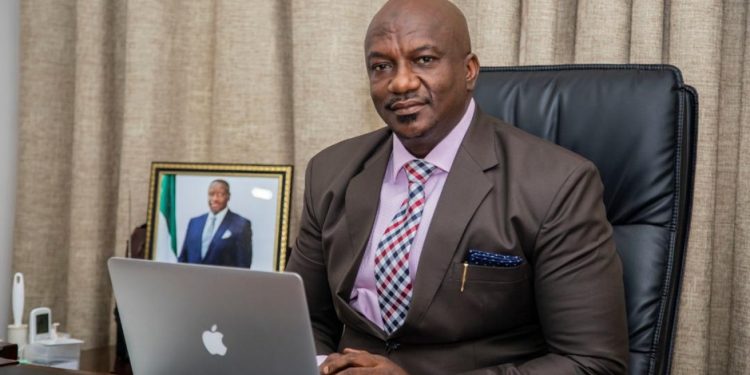By Sulaiman Aruna Sesay
Sierra Leone is poised to make a significant change in its justice system, with the potential abolition of jury trials. The move has generated much debate among legal experts and the general public alike.
The jury system has been a fundamental aspect of the justice system in Sierra Leone for decades. It is considered to be a cornerstone of the democratic process that is intended to ensure fair trials and impartial verdicts. It has been increasingly argued that the system is plagued with issues that compromise its effectiveness.
One issue is the lack of understanding and capacity of jurors, who are often tasked with navigating complex legal matters without adequate education or training. There have also been concerns about the bias and prejudices exhibited by jurors, particularly regarding race and social status.
With many jurors being easily swayed by the opinions of the loudest voice in the room or influenced by media coverage on the case, there are doubts that they can render a verdict based purely on evidence presented in the court and the law. Additionally, the long delays before jury trials begin and the time jurors spend before a hearing can be inaccessible and inconvenient for many Sierra Leoneans.
After going through the scrutiny of parliament, MPs voting in favour for the removal claimed that, the removal of the jury system will allow for a more efficient and effective justice system that delivers impartial justice to all. Additionally, it would help save time, resources and reduce the burden on the justice system.
They argued that without a jury system, judges would be solely responsible for making decisions based on evidence presented in the courts and the law while the jurors’ time and skills will be utilized more effectively in other aspects of the legal process. This would help reduce the delays in the trial process and expedite justice delivery, which is crucial for society that needs faster judicial decisions.
The abolition of the jury system is not without drawbacks. The lack of a jury system could result in a loss of public trust, as the public may perceive the process to be less democratic and subject to bias. If judges make decisions, this may signal elitism to a populace that is already disillusioned with the justice system. Despite reducing the time spent on jury duty and possibly saving the state money, the absence of a jury system could lead to a higher burden of work for judges who already face a large caseload in a backlogged system.
The proposed abolition of the jury system in Sierra Leone is a significant change. It has the potential to improve justice delivery for the majority, but there are also potential drawbacks that need to be navigated. The solutions could be to provide beneficiaries of justice education to equip them better to play their part in the system, appoint more judges for a balanced workload, and address the public’s concerns about the legitimacy of judicial decisions without jurors. The government of Sierra Leone must mould this conversation into an inclusive one, bringing stakeholders along to ensure that the justice system delivers on its promise of delivering fair and impartial justice to all who seek it.













